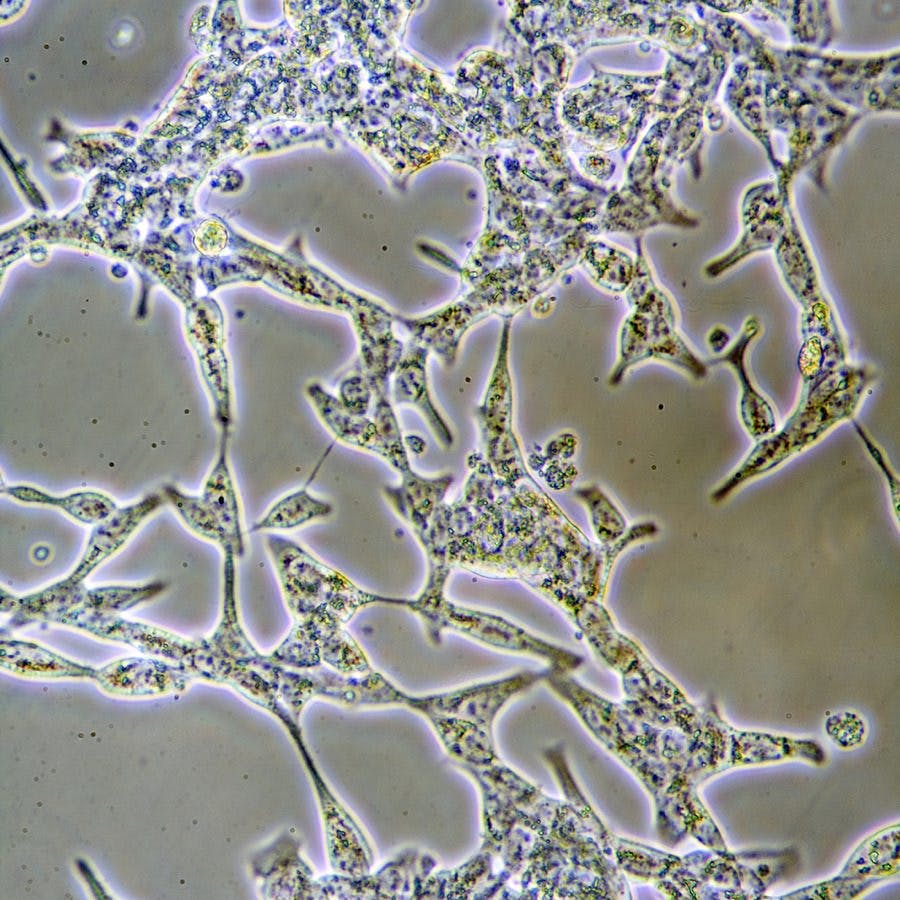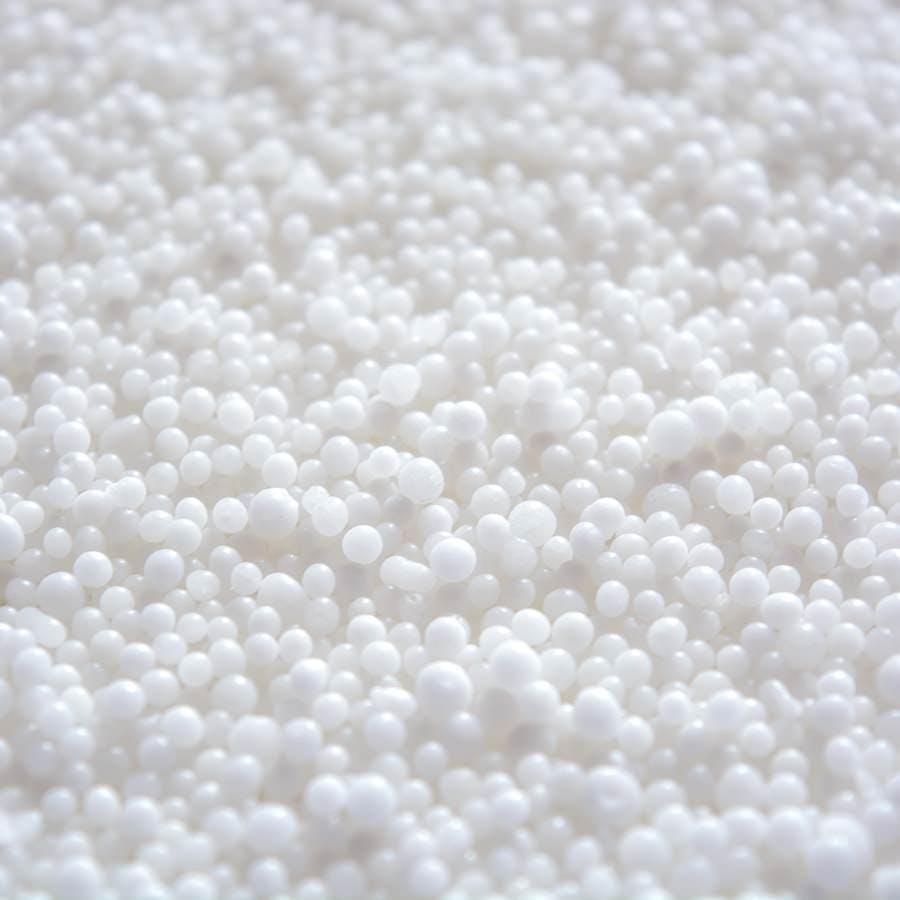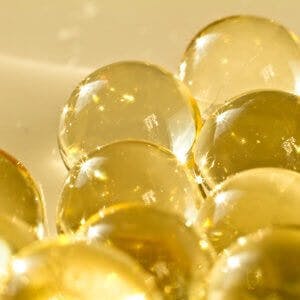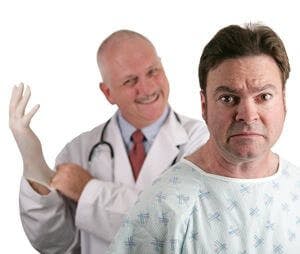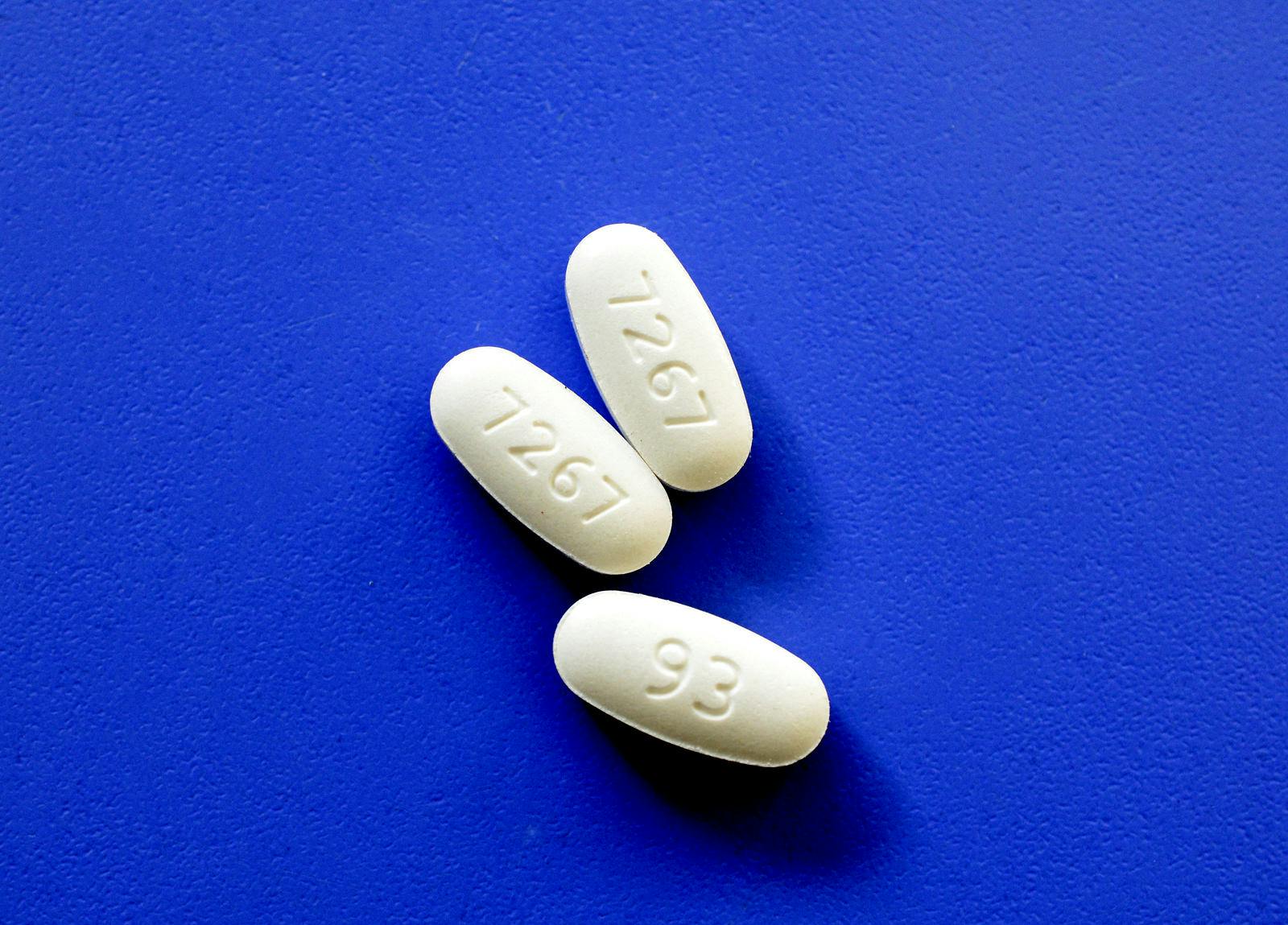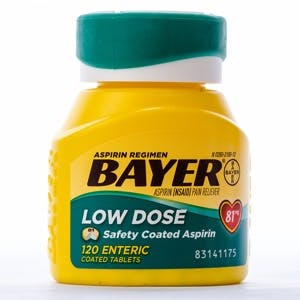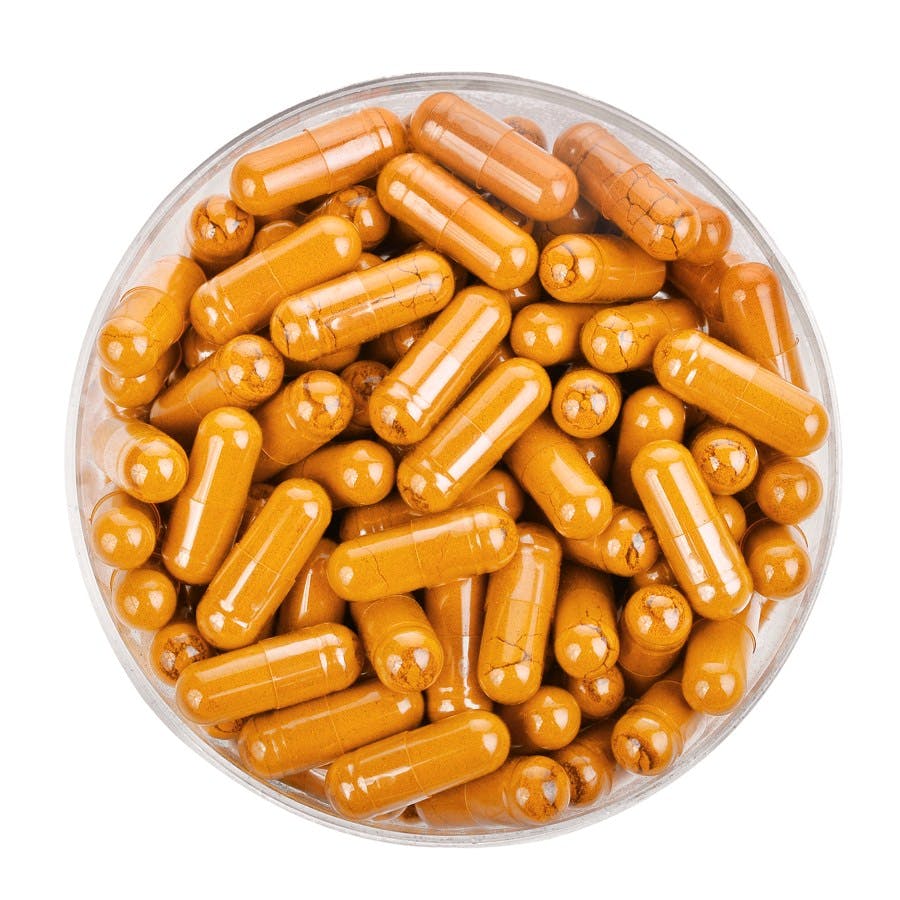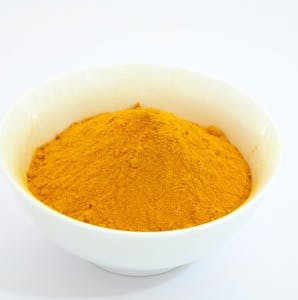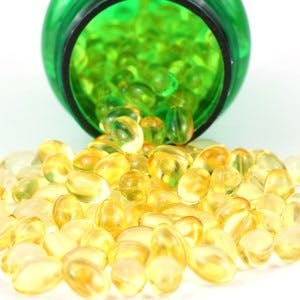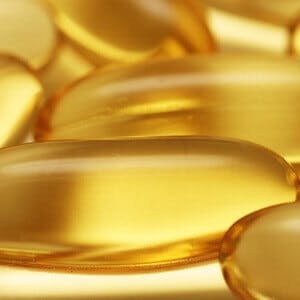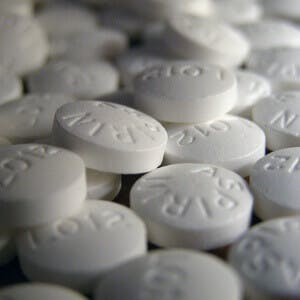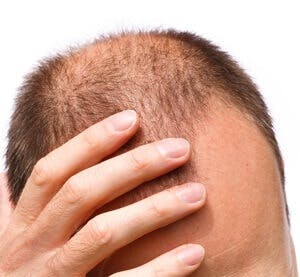Articles categorized as Prostate Cancer
How to Brew Green Tea for Maximum Benefit
If you brew green tea in the microwave, you maximize tea polyphenols. Traditionalists are aghast. Should you skip decaf?
Will a Plant-Based Diet Lower the Likelihood of Prostate Cancer?
Studies demonstrate that men who eat more plants and less meat or dairy have a reduced likelihood of prostate cancer.
What Can Cause Prostate Cancer? Beware Pesticides!
Prostate cancer is common and deadly. If pesticides (herbicides & insecticides) cause prostate cancer, what can you do to lower the risk?
Show 1382: What You Need to Know About Prostate Cancer
Listeners ask what they need to know about prostate cancer diagnosis and treatment. Drs. Armstrong and Koontz bring us up to date.
Is Saltpeter to Kill Sex Drive a Myth?
Contrary to popular belief, saltpeter has no known impact on sex drive and has not been used in institutional or military mess halls.
Should Men with Prostate Cancer Take Vitamin D?
Low vitamin D levels in men with prostate cancer were linked to higher Gleason scores and more aggressive tumors.
Are We Overtreating Prostate Cancer?
A diagnosis of prostate cancer creates anxiety. Many men tell their urologists to "get it out." But are we overtreating prostate cancer?
Abiraterone Breakthrough vs. High Risk Prostate Cancer
Is abiraterone (Zytiga) a game changer for men with high-risk prostate cancer? A new study suggests that when combined with other drugs it is.
Do People Who Skip Meat Have a Lower Chance of Cancer?
People who skip meat in favor of fish, dairy or vegetable protein seem less likely to develop cancer of the breast, prostate or colon.
Men Who Drink Coffee Reduce Risk of Prostate Cancer Recurrence
Men who drink coffee and metabolize caffeine quickly have better outcomes with prostate cancer. Three or four cups daily help.
Taking Prostate Drug Abiraterone (Zytiga) with Food Could Save $300,000
Abiraterone (Zytiga) is a key advance for treating prostate cancer. The cost: over $100,000 a year. Taking it with food could save big bucks!
Statin Plus Metformin Prolongs Survival of High-Risk Prostate Cancer Patients
Aggressive prostate cancer (Gleason score of 8 or higher) requires aggressive treatment to prevent recurrence. A statin plus metformin might be helpful.
Can Men Get an Extra Benefit from a Statin?
While doctors argue about how well a statin prevents heart disease in healthy people, researchers have found an unexpected benefit from a statin for men.
Prostate Cancer Therapy and Dementia: The Link Gets Stronger
Determining the best treatment(s) for PCa is challenging. Hormone suppression is common. Is there a link between this prostate cancer therapy and dementia?
Should You Stop Taking Aspirin Before a Biopsy?
Aspirin prevents clots but it also increases the chance of bleeding. So deciding whether to stop taking aspirin before a procedure is a tough call.
Will Immunotherapy Help Men with Prostate Cancer?
Oncologists are studying how could immunotherapy help men with prostate cancer. In one trial, 10 to 15 percent of the men had an excellent response.
Should Men Get a PSA Test to Screen for Prostate Cancer?
Should men get a PSA test every year? The experts have been sending contradictory messages and leaving many men confused. What's the latest recommendation?
Should Reader Worry About His Anticancer Supplements?
A combination of anticancer supplements that includes aspirin as well as curcumin and blackseed might reduce the risk of recurrence, but could lead to bleeding.
What Makes Turmeric So Wonderful?
Activity against a wide range of chronic diseases, from Alzheimer to cancer to fatty liver makes turmeric so wonderful that it is a very popular supplement.
Can Curcumin in Turmeric Fight Pancreatic Cancer?
Curcumin is the active ingredient in turmeric. It has shown intriguing activity against breast, prostate & colorectal cancer. What about pancreatic cancer?
More Male Orgasms May Mean Less Prostate Cancer
Is sex really good for the prostate? Do more male orgasms protect men from prostate cancer? This question has been asked for decades. Now there's an answer.
PSA Screening for Prostate Cancer: Every Man Decides
The US Preventive Services Task Force has changed its mind. The recommendation on PSA screening for prostate cancer is that each man should decide.
How to Reduce Fatigue from Prostate Cancer Radiation Therapy
Men undergoing radiation therapy to treat prostate cancer had less fatigue and fewer side effects than men assigned to the control group.
How to Save Money by Taking Zytiga with Breakfast
Men taking Zytiga with a low-fat breakfast need only one-fourth the dose to keep their prostate cancer in check.
Will Compound from Bacteria Offer Hope for Prostate Cancer?
Padeliporfin, a compound from bacteria that live on the sea floor, may offer a way to use laser light to kill small prostate tumors selectively.
How to Make Sense of New Prostate Cancer Research Results
Should men have PSA tests? What if a diagnosis of prostate cancer is made? Is it best to have surgery, radiation or watch and wait? Answers to these Qs.
Do Vitamin D Supplements Vary in Quality and Does it Matter?
How important is vitamin D for prostate cancer patients? Do levels of this nutrient matter and how reliable are supplements? Is the FDA protecting us?
Why Would Metformin and Crestor Stop Prostate Cancer?
Could drugs for diabetes and high cholesterol reduce the likelihood that prostate cancer would recur? Metformin might have surprising anti-cancer activity.
Is High-Risk Prostate Cancer on the Rise?
Reviewing the records of men diagnosed with prostate cancer between 2004 and 2013 shows that the rate of high-risk prostate cancer is increasing.
How to Raise Vitamin D and Prevent Cancer Recurrence
Maintaining a healthy level of 25-hydroxyvitamin D may help prevent cancer recurrence; what dose of vitamin D3 is appropriate for supplementation?
Will Fish Oil for the Heart Contribute to Prostate Cancer?
Will fish oil protect the heart while increasing the risk for prostate cancer? Millions of men would like an answer to this complicated question.
How to Take Testosterone Without Fear of Prostate Cancer
Is it safe for men to take testosterone? Swedish research shows that it does not increase the chance of a prostate cancer diagnosis.
Does Aspirin Protect Men from Prostate Cancer Death?
Men who take aspirin on a regular basis are at lower risk of prostate cancer death, according to a large study of male doctors.
Blocking Testosterone May Save Lives But Harms Brains
Drugs for blocking testosterone are helpful in fighting prostate cancer but they may increase the possibility of developing Alzheimer's disease.
Will Drop in PSA Screening Mean More Aggressive Prostate Cancers?
Urologists are concerned that more men will be found with aggressive prostate cancer in a few years because they are not getting routine PSA screening now.
Yoga Helps Men Get Through Prostate Cancer Treatment
Men who did yoga twice weekly suffered less from radiation treatment effects such as cancer-related fatigue, urinary incontinence or erectile dysfunction.
Clinical Trial Pits Aspirin Plus Metformin Against Prostate Cancer
How well will the combination of aspirin plus metformin work to prevent prostate cancer or its recurrence? This study should find out.
Vitamin D May Keep the Lid on Prostate Cancer
Men who took vitamin D supplements had less aggressive prostate cancer than those taking placebo pills.
Double Treatment for Prostate Cancer Saves Lives
Older men with aggressive prostate cancer did best when treated with both hormone suppression and radiation, compared to hormone reduction alone.
Will Ginger Cure Prostate Cancer?
Ginger compounds inhibit prostate cancer cells in the laboratory, but clinical trials are needed.
Bald Men at Higher Risk of Aggressive Prostate Cancer
Male pattern balding in a horseshoe pattern is associated with a greater risk of aggressive prostate cancer in later years.
Did Surgeons Really Leave 16 Items Inside Patient?
Most people do not look forward to surgery. Even great surgeons can sometimes make mistakes. Are there ways to reduce the risks. What questions should you ask BEFORE surgery?





